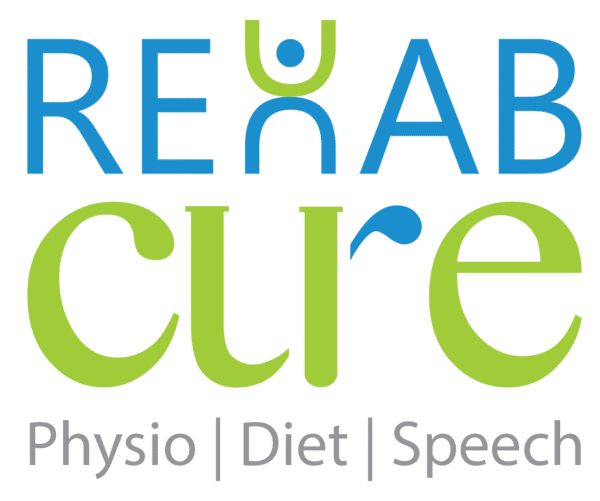Your body is constantly talking to you. Whether it’s through pain, stiffness, or difficulty doing routine activities, it sends clear physical rehab signs when something’s not right. But often, these signs are brushed off as “normal” or “temporary.” In many cases, however, they are your body’s way of saying you need physical rehabilitation.
Physical rehabilitation (or physical rehab) helps restore mobility, strength, and function after an injury, illness, surgery, or chronic condition. Identifying the early signs that you may need rehab can significantly improve your recovery and prevent further complications.
Table of Contents
7 Top Physical Rehab Signs:
1. Persistent Pain That Doesn’t Go Away
Pain is often the most obvious signal something is wrong. While it’s normal to experience soreness after a workout or minor injury, chronic or recurring pain—especially in the joints, back, neck, or muscles—may indicate an underlying issue.
If pain lasts for more than a few weeks or interferes with your daily routine, it’s time to consult a physical therapist. Physical rehab signs can address the root cause and help you manage or even eliminate the pain through targeted exercises, manual therapy, and education.

2. Limited Range of Motion
Do you struggle to bend, twist, lift your arms, or turn your neck without discomfort? If yes, you might be losing your range of motion, which can impact your overall function and quality of life.
This limitation can result from joint stiffness, muscle imbalances, injury, or post-surgical complications. Physical rehabilitation includes mobility exercises, stretches, and joint mobilization techniques to restore normal movement.
Ignoring this sign may cause further stiffness and reduce your ability to perform simple tasks, like getting out of bed or climbing stairs.

3. Difficulty Recovering from Injury or Surgery
Recovering from an injury or surgery isn’t always straightforward. If you’re finding it unusually hard to bounce back, it could mean you’re not healing correctly—or fast enough.
Physical rehab signs plays a crucial role in post-injury and post-surgical recovery. Whether it’s a sports injury, fracture, joint replacement, or ligament tear, a physiotherapist can design a personalized rehab plan to rebuild strength, reduce scar tissue, and regain functionality safely.
The longer you delay rehab, the harder it becomes to recover fully.

4. Frequent Falls or Balance Issues
If you often lose balance, feel dizzy, or experience unsteady walking, these are red flags. Balance problems can arise from neurological conditions, aging, muscle weakness, or inner ear disorders.
Falling is a serious concern, especially for older adults, and often leads to injury or hospitalization. A structured rehab program can improve your core strength, balance, and coordination using exercises tailored to your needs.
Early intervention can reduce fall risk and restore your confidence in movement.

5. Posture Problems and Fatigue
Do you slouch constantly or feel fatigued even after simple tasks like standing or walking? Poor posture and muscle imbalances can strain your body over time, causing fatigue, headaches, and back or neck pain.
Physical rehabilitation can help correct these issues through posture training, ergonomic advice, and muscle strengthening. It’s not just about looking better—it’s about preventing long-term damage to your spine, joints, and muscles.

6. Trouble Performing Daily Activitie`s`
Physical limitations that interfere with basic activities—like dressing, cooking, bathing, or getting in and out of a car—are strong indicators you may need rehab.
These difficulties may stem from neurological disorders (like stroke or Parkinson’s), arthritis, or chronic pain conditions. Physical therapists use functional training to help you regain independence and improve your quality of life.
You shouldn’t have to struggle with the things you used to do with ease.

7. Repeated Use of Painkillers or Injections
If you’re relying on over-the-counter painkillers or regular injections to manage pain, you’re only masking the problem—not fixing it.
While medications can offer temporary relief, they don’t treat the underlying cause of your discomfort. Physical rehab focuses on long-term healing and prevention, helping you reduce (or eliminate) your dependency on medications.
Through strengthening, mobility work, and education, you learn to manage your condition naturally and sustainably.

Why Early Rehab Matters
Many people wait too long before seeking help, which leads to slower recovery, increased pain, and sometimes irreversible damage. Early intervention through physical rehab can:
- Speed up healing
- Prevent complications
- Reduce the need for surgery or medication
- Improve overall function and mobility
- Boost mental and emotional well-being
Whether you’re recovering from a surgery, dealing with chronic pain, or simply feeling like your body isn’t performing the way it used to, it’s important to listen to the signs.

